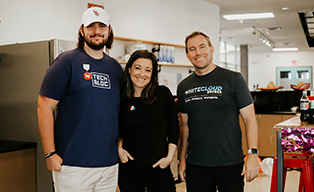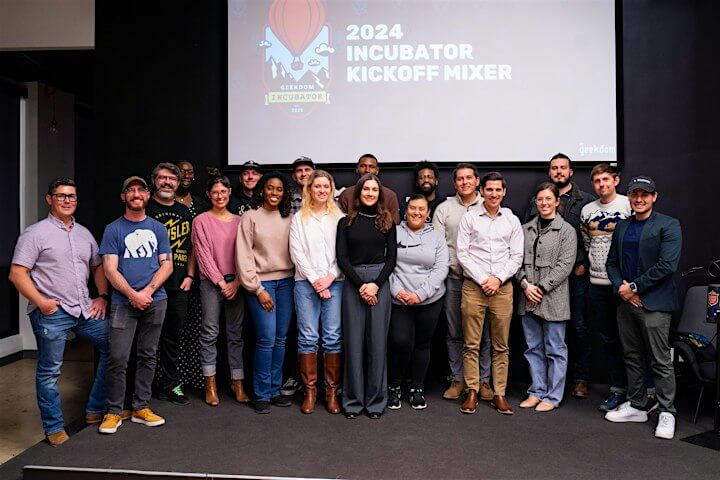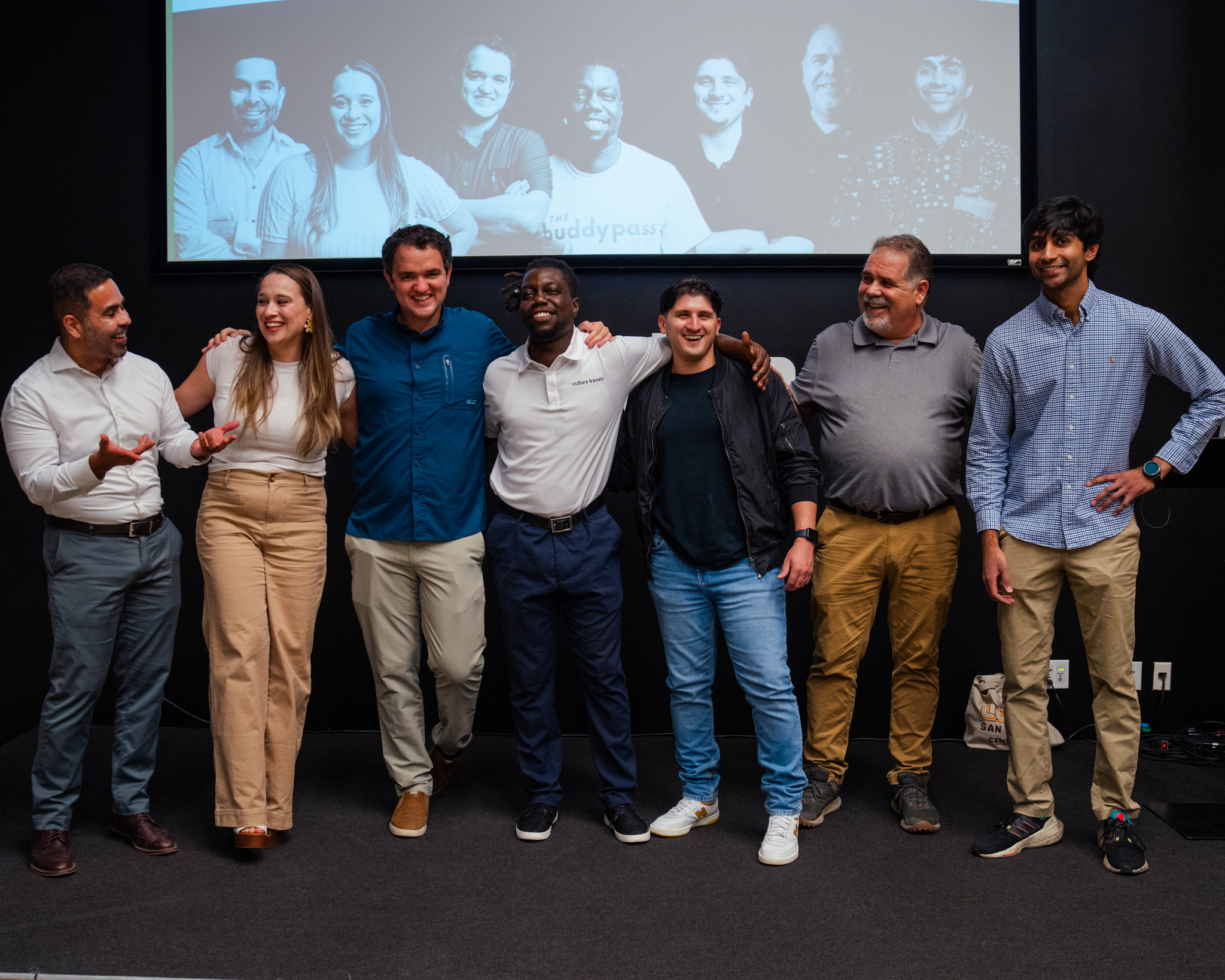Here at Geekdom, our community is a bustling group of entrepreneurs, startups, and professionals from just about every industry out there. Every so often, we like to have one of our own come forward and give us some insight into their corner of business to help us better understand what they do. On this occasion, we asked Samar Shah, Managing Partner of Shah IP Law, a patent strategy firm here in San Antonio.
For his post, Samar walks us through the subject of patenting software and describes some of the intricacies when coding meets law.
Here is some trivia to test your knowledge about software patent eligibility: can you successfully patent a piece of software that incorporates a self-referential lookup table to improve a database system’s memory configuration? What about a piece of software that enables a user to archive digital images over a cellular network?
The answer is (as you would expect in almost all legal contexts)–“it depends.” Recent Supreme Court decisions and subsequent lower court opinions have introduced significant ambiguity to a traditionally straightforward analysis. Today, we need quite a bit more information before we can make a patentability determination on the questions posed above, including more information on the underlying technology, and how the patent application is written.
If the software in question improves “computer functionality” (i.e. improves computing speeds or reduces the number of computing resources required), or performs the computing tasks in an unconventional way, then it may be patentable.
The answer also depends on how the patent is written. Notice how the lookup table question above describes a technical feature of software (self-referential lookup table). Whereas, the archiving system question describes what a user is enabled to do as a result of the software (archive digital images). The former approach is more like to be deemed patentable, while the latter approach is more likely to be deemed unpatentable. To put it in more startup-friendly terms, if your patent is focused on one way to solve a customer’s pain point, then you have a better shot at patentability. But, if your patent attempts to claim the benefits that a customer will enjoy as a result of your software, then your invention will likely be deemed unpatentable.
Put simply, Software-based inventions are still patentable in the United States. But, in order to patent eligibility, software patent applications must meet certain technical requirements and must be written very carefully.
Although these requirements seem straightforward, there is much confusion about how to apply these requirements to sort software inventions into various patentability buckets. Unfortunately, the patentability question for software inventions often comes down to how the patent and the patent claims are written.
You can improve your odds of getting a patent by describing the technical (read engineering) challenges in your field of invention, and specifically describing the solutions that you have come up with to address those challenges. Moreover, you must claim your invention very carefully. You should not claim every method of relieving a particular pain point. Instead, your claims should be narrowly tailored to claim only the solutions that you have come up with.
Quick Detour:
should software be patentable in the first place?
Before we jump into a discussion of software patent eligibility, it is important to at least acknowledge a viewpoint held by many developers: software shouldn’t be patentable in the first place. Many techies argue that software patents actually impede innovation and that 99% of software is neither “novel” nor “non-obvious” to other developers who are equally skilled in the same technical field. (All inventions must be “novel” and “non-obvious” in order to be patentable). (Brad Feld outlined some of these criticisms in his blog post here).
We tend to agree, and sympathize, with the anti-software-patent community, but software patents are often an important point of emphasis for some investors and large corporate buyers. We are not taking a position on the larger philosophical debate here; we aim to simply demystify the laws around software patent eligibility based on the rules that have been promulgated by the United States Congress and the U.S. Supreme Court.






